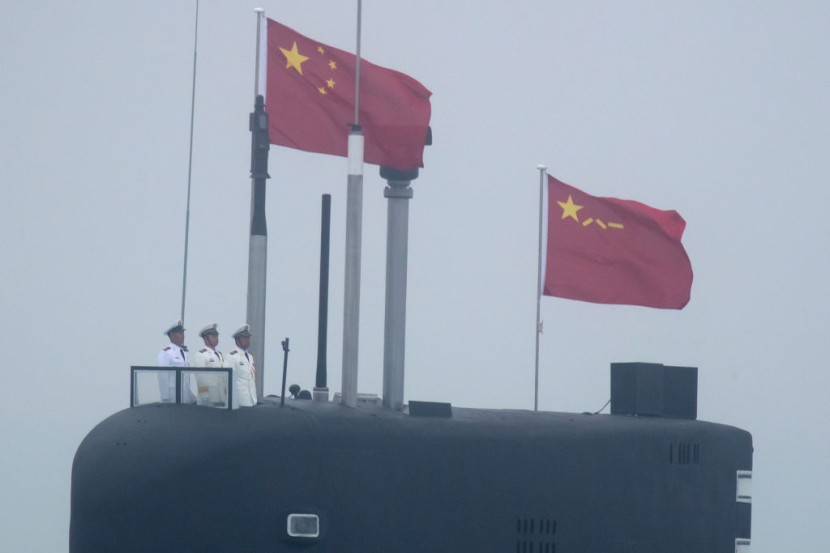
China has rejected claims that it recently launched a nuclear-capable hypersonic missile, claiming that it was just doing normal test flights in an effort to recycle spacecraft and save money on exploration.
"This was a routine test of a space vehicle to check the technology of their reusability," Zhao Lijian, a spokesman for China's foreign ministry, said during a regular briefing in Beijing on Monday.
He stressed that the launched item was "not a missile" with a military objective, but rather "a space vehicle" with civilian purposes. Zhao stated that the experiment was critical in lowering the costs of spacecraft usage, allowing the world to utilize space for peaceful reasons in a convenient and cheap manner.
China's foreign ministry denies launching hypersonic nuclear missile
His statements were in response to a revelation in a report that China had launched a nuclear-capable hypersonic missile in August that circled the globe before racing toward its target.
Even though the glide vehicle missed its target by almost two dozen miles, or over 40 kilometers, the test showed China had made incredible progress on hypersonic weapons and its space capacity had gone well beyond US intelligence expectations, according to the report.
Per SCMP, military analysts claim both a spacecraft and a missile would need rocket fuel to take off, which may have military implications. They thought, however, that China would not follow the old Soviet Union in launching nuclear weapons into space as "global strike weapons" since it was a difficult and expensive operation.
Hypersonic missiles, a crucial area of geopolitical competitiveness among major countries, pose a formidable challenge to US missile defenses because they can move and fly at high speeds along unexpected flight routes, making them more difficult to detect and intercept.
A FOBS strike may go undetected by those defending troops, further complicating matters. Williams suggested that the US might attempt an intercept if it could monitor the orbital launch platform, but intercepting hypersonic glide vehicles is beyond present capabilities.
It is unclear whether China is building and testing a FOBS or a system similar to it. Reports that China is testing a nuclear-capable hypersonic missile that can be fired from space have been dismissed by Chinese media.
As things stand, China, which appears to be increasing its ICBM force, is thought to have a nuclear strike capability sufficient to overwhelm US defenses. As a deterrent, the United States possesses its own nuclear weapons, as per Business Insider.
US grows concerned over China's alleged missile test
Meanwhile, after China's alleged test of a hypersonic missile capable of carrying a nuclear weapon, White House press secretary Jen Psaki said on Monday that the US is "concerned" about its military expansion but that "we welcome tough competition."
The US military was taken aback when they learned of the missile launch. According to a source, it got close to reaching its objective after traversing the globe, marking a huge breakthrough in China's military capabilities. It was a space mission, not a missile test, according to the Chinese authorities.
"We closely monitor China's development of weapons and sophisticated capabilities and systems that will only raise tensions in the area," Defense Secretary Lloyd Austin told reporters during a trip to Europe on Monday, the NY Post reported.
US President Joe Biden is planning a virtual meeting with Chinese President Xi Jinping later this year. Former President Donald Trump proposed brokering a massive nuclear weapons reduction pact between the United States, Russia, and China on several occasions, but the agreement never materialized.
Related Article: China's Military Airbases Upgrades Hint War Plans Against Taiwan, Satellite Images Suggest
@YouTube
© 2025 HNGN, All rights reserved. Do not reproduce without permission.








